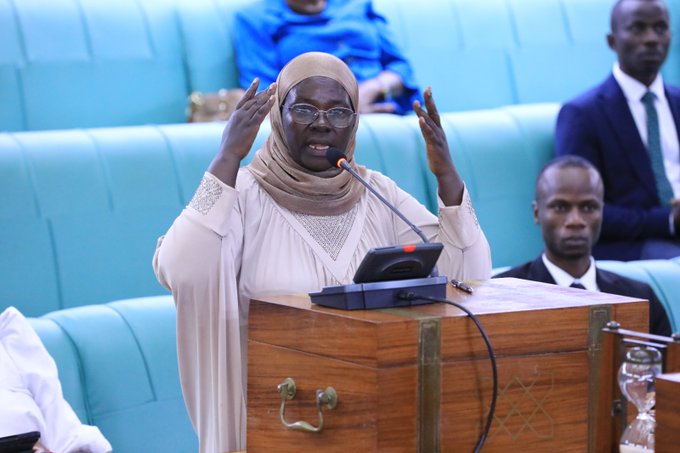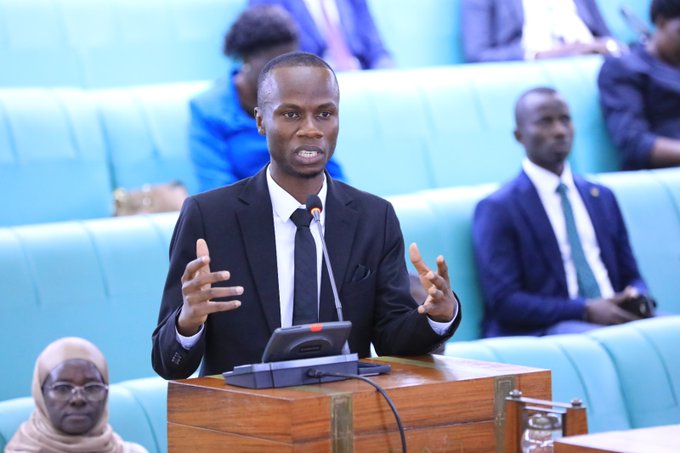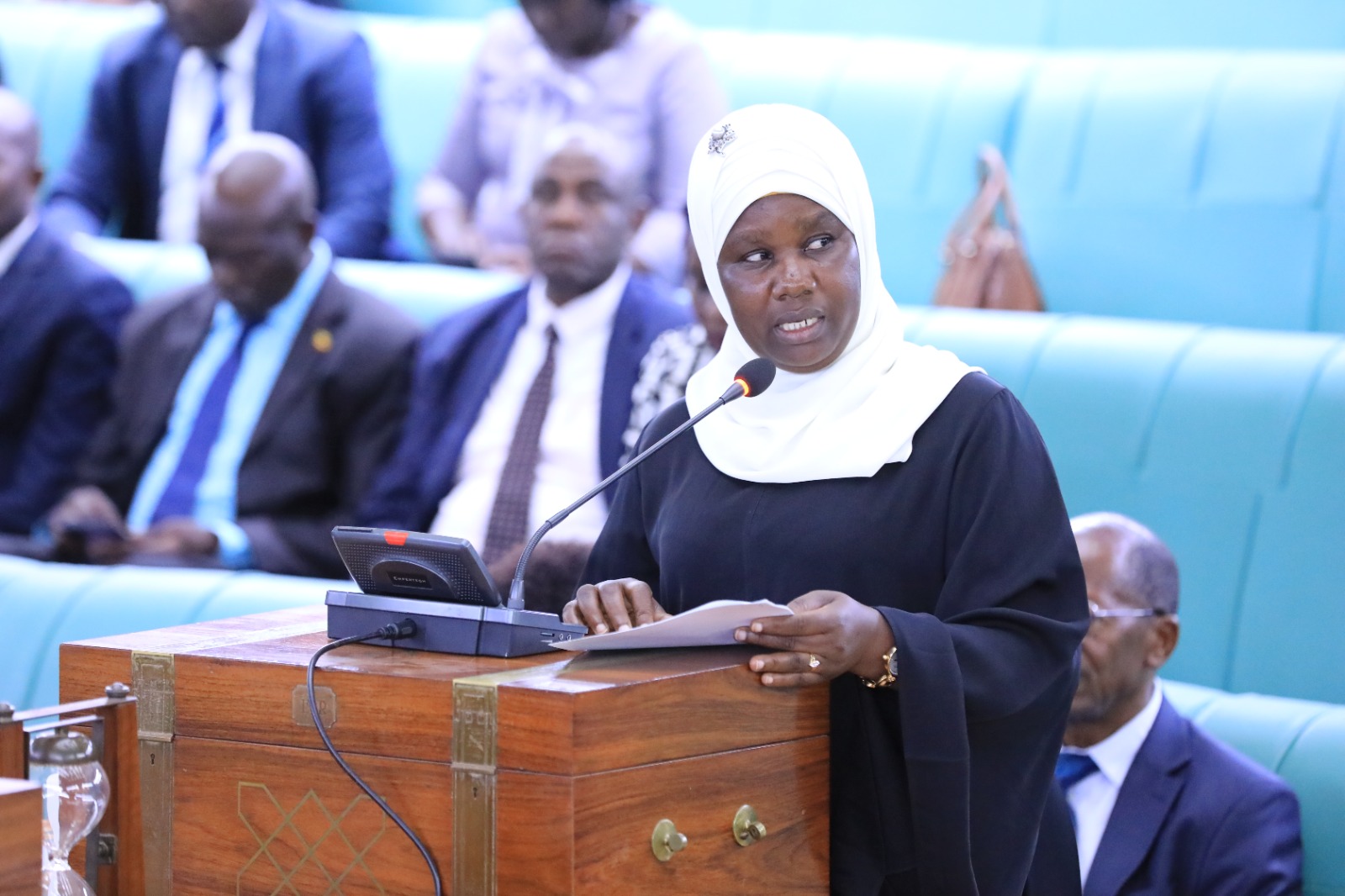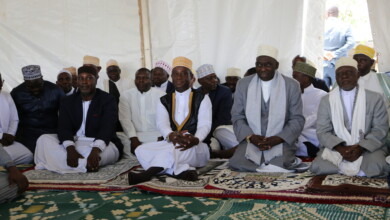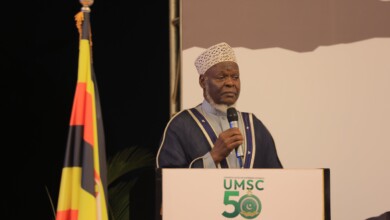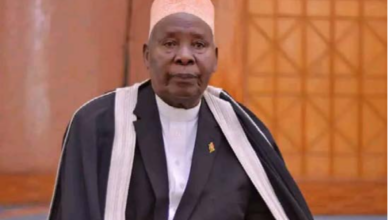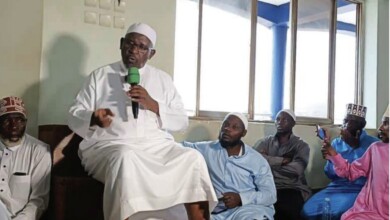Will Basalirwa’s Bill jump the hurdle or hit another wall?
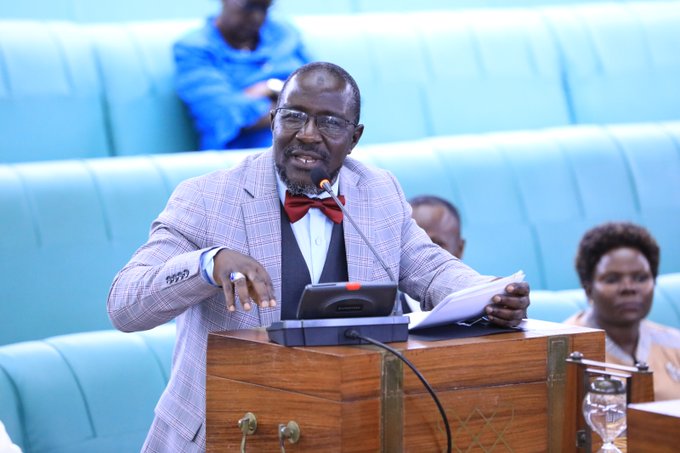
By Jafar Mugera
Bugiri Municipality MP, Asuman Basalirwa on Thursday tested government’s willingness to establish Qadhi Courts – nearly three decades since the 1995 Constitution directed Parliament to enact a law for their creation.
In a motion tabled before Parliament, Basalirwa formally sought leave of Parliament to introduce a Private Member’s Bill titled; The Qadhis Courts Bill, 2025.
The proposed legislation, moved under Rules 127 and 128 of the Parliament’s Rules of Procedure, aims to operationalize Article 129(1)(d) of the 1995 Constitution, which provides for the establishment of Qadhi Courts to handle matters of marriage, divorce, inheritance of property, and guardianship among Muslims.
“This is not a new demand. It is a constitutional directive that has been ignored for 30 years. The failure to enact this law is not just political neglect — it’s a constitutional failure,” Basalirwa said.
This is not the first time an attempt has been made to introduce such a Bill. Previous efforts—most notably during the 8th and 9th Parliaments—faced stiff resistance, often rooted in political sensitivity, religious misunderstanding, and misinformation that the proposed courts would impose Islamic law on non-Muslims.
In 2008, a similar proposal was quietly shelved amid heated debate and fears that the courts would undermine Uganda’s secular legal system. Again, in 2014, another initiative to table the Bill was frustrated by political hesitancy and lack of consensus within Parliament, despite support from many Muslim leaders and legal scholars who argued that the Qadhi Courts would only serve those who voluntarily submit to their jurisdiction.
Momentum for the Bill regained strength during this year’s Iftar dinner hosted at Parliament, where legal and religious leaders reiterated the constitutional necessity of the Qadhi Courts. In a compelling presentation, Siraj Mukasa Katantazi, the chief executive officer of the Uganda Muslim Lawyers Association (UMLAS) laid out the constitutional, historical, and jurisprudential justification for Qadhi Courts, warning that Parliament’s inaction continues to deny Muslims a legitimate avenue for religiously aligned justice.
Katantazi emphasized that the proposed courts would not replace existing judicial institutions but would complement them in areas of personal law, operating strictly under consent-based jurisdiction.
“We are not asking for anything outside the Constitution, we are simply asking Parliament to honour a constitutional promise that has remained unfulfilled for three decades,” Katantazi said the Iftar dinner.
Basalirwa who also doubles as the chairman of the Muslim Parliamentary Caucus re-echoed Katantazi’s arguments that the Speaker of Parliament, Anita Among, who presided over at the dinner, advised Basalirwa to take advantage of the provisions of Article 94(4)(b) and Parliament’s rules of procedure, to present the Bill as a private member.
“Article 129 (1) of the Constitution establishes courts of judicature, including the Supreme Court of Uganda, the Court of Appeal of Uganda, the High Court of Uganda and empowers Parliament to create, by law, subordinate courts, including Qadhi Courts for marriage, divorce, inheritance of property and guardianship,” he stated.
Basalirwa’s motion is backed by a cross-section of legislators. He was seconded by Iddi Isabirye (Bunya South), Aisha Kabanda (Butambala Woman MP), and Melsa Avako Gule Naima (Yumbe Woman MP).



